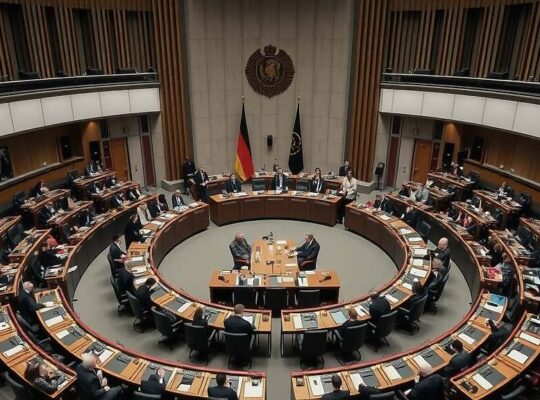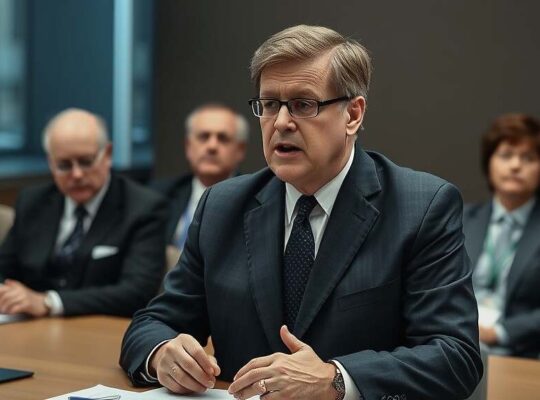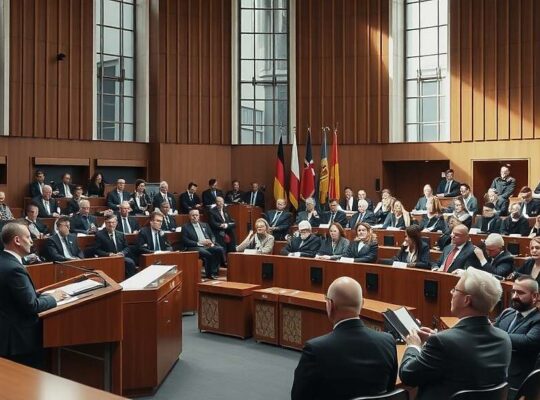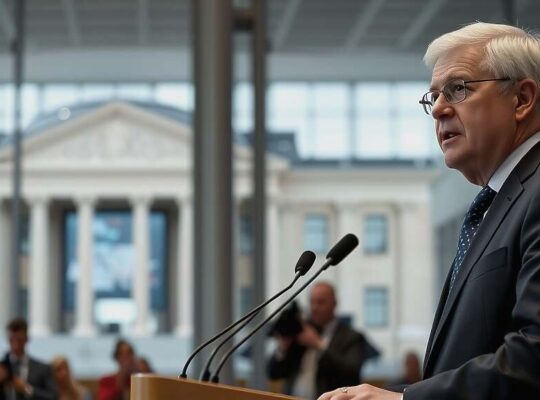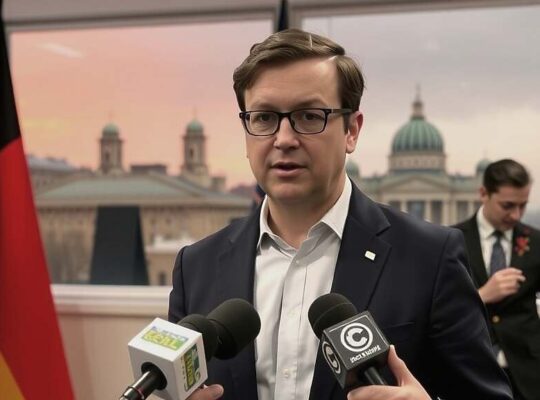The recently brokered agreement on military service in Germany, hailed as a compromise between the conservative CDU/CSU and the Social Democrats (SPD), is facing immediate scrutiny and concerns about its efficacy. Thomas Röwekamp, Chairman of the Bundestag’s Defense Committee, has voiced significant reservations, suggesting the reliance on voluntary service alone may be insufficient to meet the Bundeswehr’s critical personnel objectives.
Röwekamp, in an interview with the Handelsblatt, acknowledged the CDU/CSU’s desire for a swift return to mandatory conscription, emphasizing that the current agreement represents a significant departure from that preference. The compromise mandates a target range of 186,000 to 190,000 active soldiers and 70,000 to 80,000 reservists for the coming year. Crucially, Defence Minister Boris Pistorius is now obligated to report to the parliament every six months, detailing progress towards these targets.
While the agreement includes provisions for early resumption of the registration process for young men and women – requiring questionnaires and prospective consultations – Röwekamp expressed doubt that the “Bedürfswehrpflicht” (duty military service) would be triggered swiftly should the specified targets remain unmet. He indicated that the period leading up to July 1, 2027, will be paramount in determining the long-term viability of the strategy.
Critics within the CDU/CSU worry that the emphasis on voluntary recruitment will prove inadequate given broader social trends and a perceived lack of enthusiasm for military service amongst younger generations. The early resumption of registration processes, while presented as a proactive measure to engage potential recruits, is largely viewed as a preliminary step toward potentially enforcing compulsory service measures down the line should recruitment goals consistently fail to be achieved. The effectiveness of this approach hinges on the Bundeswehr’s ability to effectively communicate career opportunities and address broader public perception of military service, a challenge that analysts suggest will demand considerable investment and strategic communication. Ultimately, the current deal represents a politically expedient solution that may prove to be an unsustainable long-term strategy for maintaining Germany’s defense capabilities.



